"[Arbuthnot] was a man of great comprehension, skilful in his profession, versed in the sciences, acquainted with ancient literature, and able to animate his mass of knowledge by a bright and active imagination; a scholar with great brilliancy of wit; a wit, who, in the crowd of life, retained and discovered a noble ardour of religious zeal." Samuel Johnson.
John Arbuthnot (1667-1735) made significant, if often indirect, contributions to British literary and intellectual development. His background is somewhat hazy, not the least reason being his own disinterest in keeping and maintaining his papers which he allowed his children to play with and burn. So he may have earned a university degree while still in his native Scotland, but his penchant for mathematics came to the fore with his publishing the first work on probability in Britain - Of The Laws of Chance - 1692.
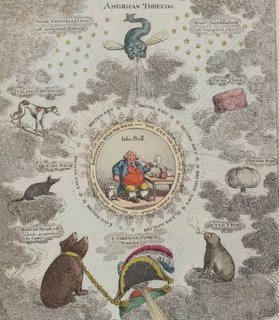 Malignant Aspects Looking with Envy on John Bull
Malignant Aspects Looking with Envy on John Bulland his Satellites or A New Planetary System
- Caricature Magazine.
But it is perhaps within the backroom of literary society that the lasting effects of this gentle polymath were forged. Arbuthnot was a legendary wit and convener of the Scriblerus club, a short lived round table for the literati, who mocked pedantry and the abuses of learning. Swift and Pope both obtained direct help or inspiration for their own publications (as did others, by all accounts) from the Arbuthnot brains trust. Although Arbuthnot had a family background steeped in political enthusiasm, it was no doubt that the learned company he kept elevated his interest in politics.
So it was that Arbuthnot's wit and political awareness combined in some of his satirical publications. In 1712 he brought out a pamphlet that was essentially a call for support of the government's position on the Spanish war of succession. But it was a complete mockery of the powers involved, including the personification of





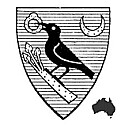








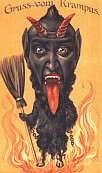
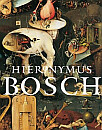
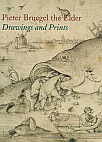

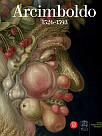

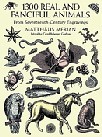
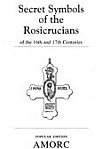


No comments :
Post a Comment
Comments are all moderated so don't waste your time spamming: they will never show up.
If you include ANY links that aren't pertinent to the blog post or discussion they will be deleted and a rash will break out in your underwear.
Also: please play the ball and not the person.
Note: only a member of this blog may post a comment.